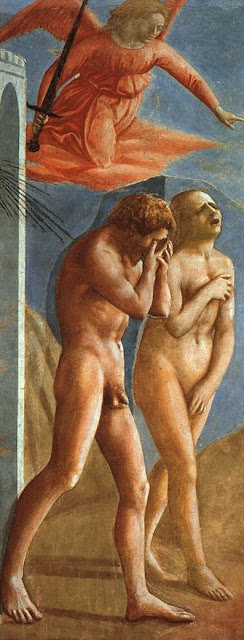Renaissance humanism was a response to what came to be depicted as the "narrow pedantry" associated with medieval scholasticism. Humanists sought to create a citizenry able to speak and write with eloquence and clarity and thus capable of engaging in the civic life of their communities and persuading others to virtuous and prudent actions. This was to be accomplished through the study of the studia humanitatis, today known as the humanities: grammar, rhetoric, history, poetry, and moral philosophy.
"Renaissance" means "rebirth." "Humanism" comes from the humane letters of the ancient Romans, and some ancient Greeks.
Marsilio Ficino (1433 - 1439) Humanist, translator of Plato and Plotinus
Giovanni Pico de Mirandola (1463 - 1494) Neoplatonist Renaissance Humanist
"Oh unsurpassed generosity of God the Father, Oh wondrous and unsurpassable felicity of man, to whom it is granted to have what he chooses, to be what he wills to be! The brutes, from the moment of their birth, bring with them, as Lucilius says, "from their mother's womb'' all that they will ever possess. The highest spiritual beings were, from the very moment of creation, or soon thereafter, fixed in the mode of being which would be theirs through measureless eternities. But upon man, at the moment of his creation, God bestowed seeds pregnant with all possibilities, the germs of every form of life. Whichever of these a man shall cultivate, the same will mature and bear fruit in him. If vegetative, he will become a plant; if sensual, he will become brutish; if rational, he will reveal himself a heavenly being; if intellectual, he will be an angel and the son of God..."


No comments:
Post a Comment